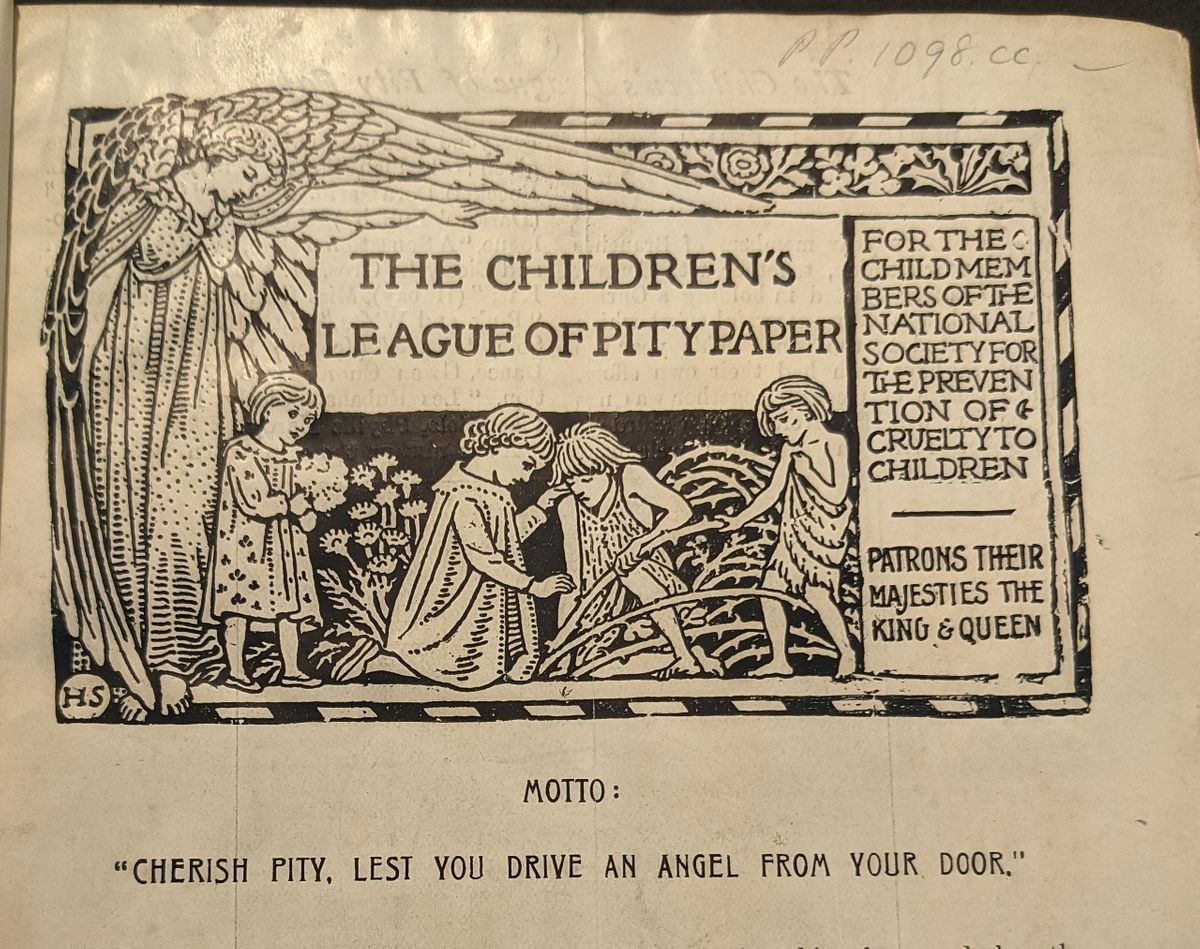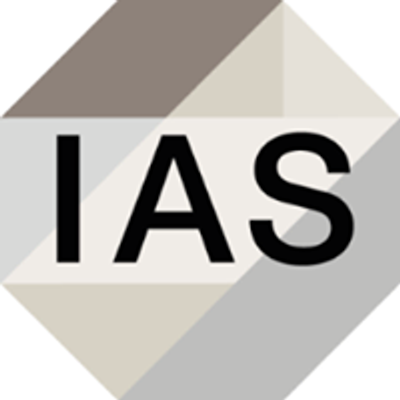
About this Event
Sympathy Education and the NSPCC’s League of Pity, 1893-1913
This paper assesses the evolving dimensions of sympathy education in the late nineteenth and early twentieth centuries. It focuses on the League of Pity, the juvenile branch organisation of the National Society for the Prevention of Cruelty to Children (NSPCC), and specifically on its monthly magazine, the Children’s League of Pity Paper (started in 1893). The object of the League was to raise funds for the benefit of abused children through the savings of upper- and middle-class children, and through the active involvement of those children in fund-raising activities. The League explicitly claimed a basis in ‘the idea that education in suitable sympathy is as important as in reading, writing, and arithmetic’. In its early years the Paper sought to emphasise Christian service and self-denial, and carried sometimes poor photographs and descriptions of ragged children to stimulate the sympathetic emotions of its readers. The League aimed to show how poor victims of abuse could be made useful members of society, and to elicit sympathy among its own members to enlist them in activities to support the NSPCC.
After the turn of the twentieth century, however, images and descriptions of poor children featured less frequently; they were increasingly supplanted by reports of the various fundraising events – such as dances, balls and plays – attended by League members, Through this emphasis, the League aimed to present itself as a happy organisation, albeit one with a strong sense of civic duty, and one which also sought to foster happiness – rather than usefulness, as before – among the poor children who were the targets of its charity. The Paper sought to promote a sense of community between the League’s children and those whom it helped, but there was little real connection across the gulf that separated them, and the children of the League had little knowledge or understanding of the material conditions in which their counterparts lived.
SpeakerDr Zhenzhen Zhou
(Lecturer, Department of History, Hangzhou Normal University, China & IAS Visiting Research Fellow)
RespondentsProf Mark Freeman
(Professor of Social History and Education)
All welcome.
All of our events are free, but you can support the IAS here.
Event Venue & Nearby Stays
IAS Common Ground, Room G11, Ground Floor, South Wing, UCL, London, United Kingdom
GBP 0.00
